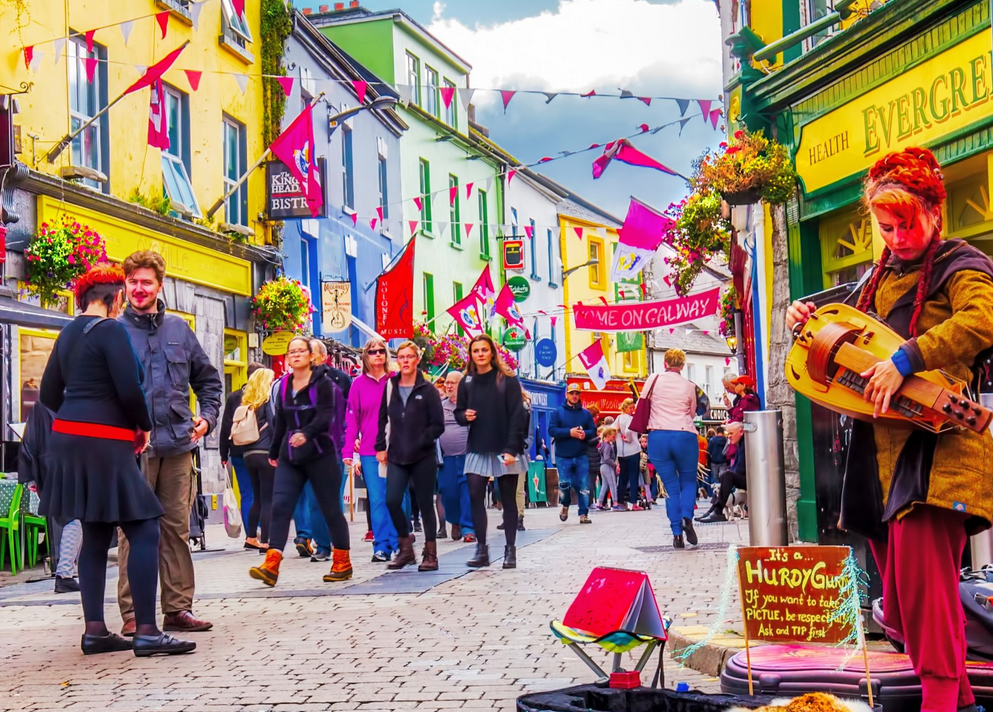Ireland Needs to Stay an Open Society
The recent anti-refugee protests in Dublin’s East Wall show that we mustn’t allow right-wing extremists to exploit the situation to drive their agenda and anti-refugee rhetoric.
Volt Ireland believes that the future of Ireland continues to lie in being an open society welcoming people who are looking for a better life for themselves and their families.
Ireland has a long history of emigration and has experienced the struggle that comes with it. People who leave their homes and even risk their lives have only one goal: they want to live somewhere safe where they can build a life. We should be happy that people see Ireland as this safe place.
Only in recent history has Ireland experienced the opposite – increased levels of immigration into the country – and we believe that this inflow of people has had a very positive impact on Irish society.
We can already see today that the lines between who is a refugee, an asylum seeker or a work migrant are becoming more and more blurred. Climate change is only going to blur those lines even further and accelerate migration movements.
More people will come, so we need to make sure that we have put the necessary system in place to handle immigration and that, as a society, we can offer perspective and create opportunities for migrants.
Volt’s position on migration is clear: The EU is in desperate need of a common and humane migration and asylum policy, with a transparent mechanism to hold the institutions accountable.
In Volt we believe that a lot of problems have been figured out by at least one other country or city and we should learn from their best practices.
The Belgian city of Mechelen has run a very successful strategy on how to include refugees and migrants built on the three pillars of Fighting Segregation, Keeping our Society’s Promise, and Finding new Narratives.
The Grass is Actually Greener
Housing refugees is just another aspect of the overall housing crisis which has become so severe that refugees are now at risk of not being provided with accommodation.
Overall homeless numbers have just surpassed 11,000 for the first time since current records started in 2014, and Dublin is again the most expensive capital in the EU to rent a place while available rental accommodation is scarce.
According to the latest census Ireland has enough vacant buildings to house all homeless people and more. Volt believes that vacancy and dereliction need to be penalised as the vandalism they are. If we want to have a chance to fix the housing crisis we need to build more but also use the buildings that are already built.
Again, Volt’s best practice approach can help. Here are just a few examples:
-
Finland’s ‘Housing First’ policy proves that homelessness is avoidable
-
Paris’s public housing push aimed at offsetting soaring rents
For now, housing is at the core of the problem. Ireland is not full, in fact it’s the opposite. As one of the less densely populated countries in the EU, what is most important for Ireland is to build capacity. Capacity not just to house migrants but to house all.

